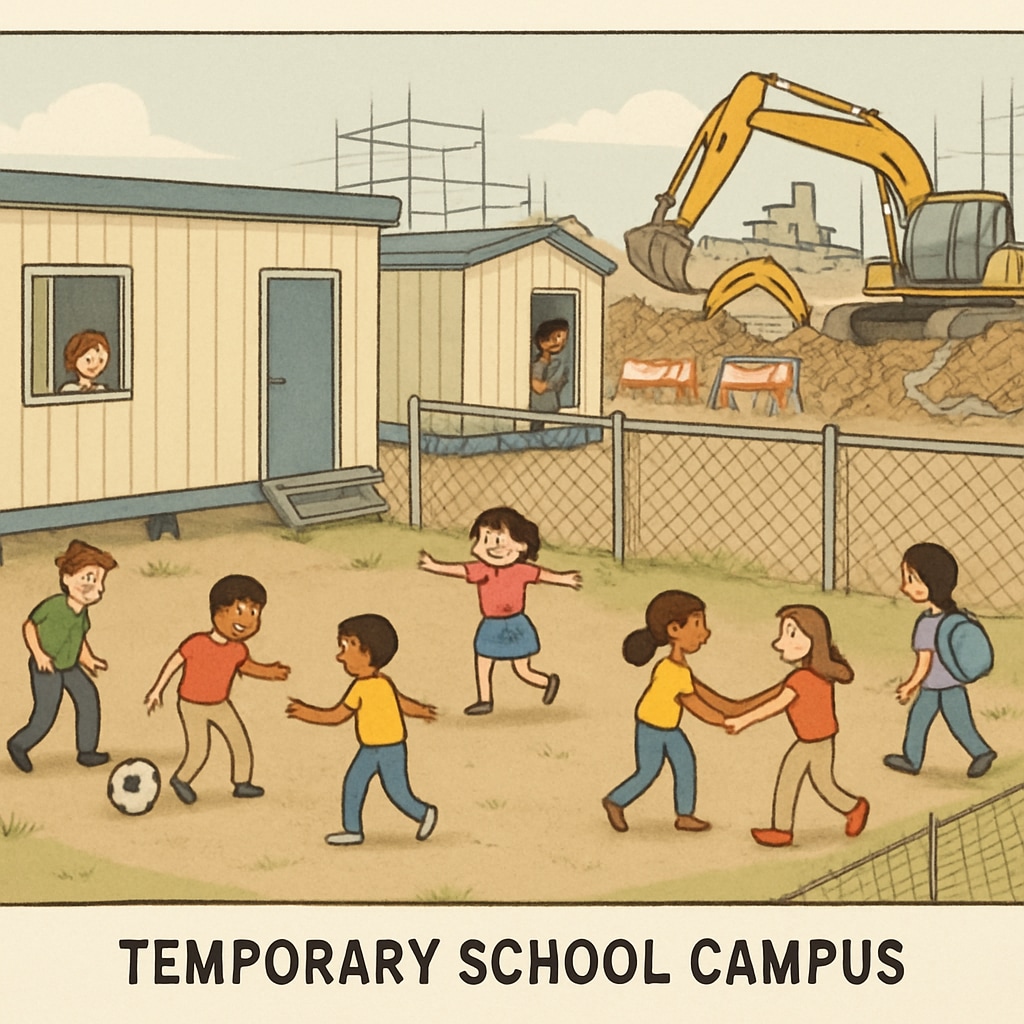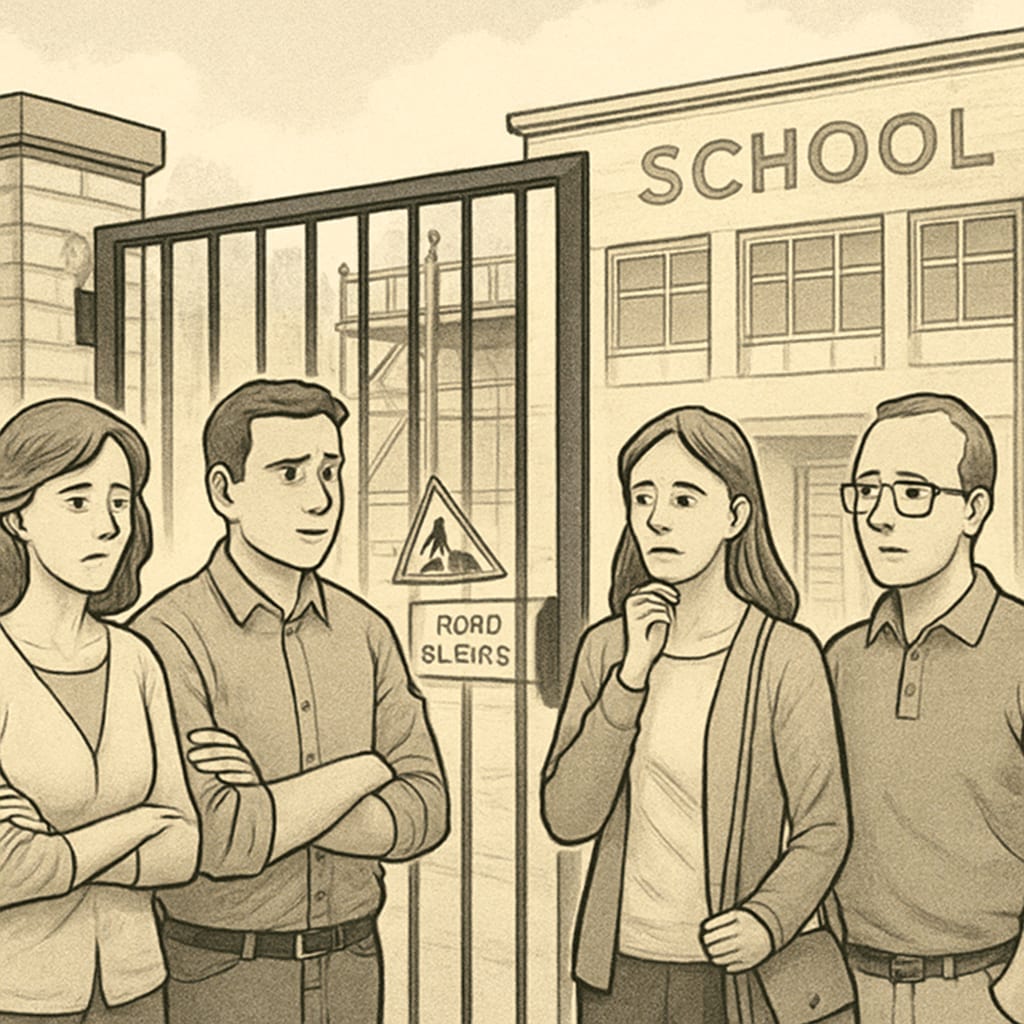Schools undergoing reconstruction often face challenges that deeply affect students, parents, and educators. The process of relocating to temporary campuses frequently disrupts elementary school experiences and parental involvement, creating physical and emotional barriers. This article examines how limited spaces and “closed-door” policies during reconstruction periods impact children’s growth, restrict parental engagement, and explores actionable strategies to preserve educational integrity amidst these challenges.
The Physical Limitations of Temporary Campuses
Temporary campuses often lack the resources and space necessary to support a child’s holistic development. Reduced playgrounds, cramped classrooms, and limited extracurricular facilities can negatively influence students’ physical and social experiences. For elementary school children, playtime and social interaction are critical to fostering creativity, teamwork, and emotional intelligence. Unfortunately, these opportunities are often curtailed in temporary setups.

For example, the lack of proper sports fields or creative zones can lead to increased sedentary behavior among students, which may contribute to health concerns like childhood obesity. Furthermore, students accustomed to dynamic and interactive learning environments may struggle to adjust to the restrictive nature of temporary campuses.
Parental Involvement: The Invisible Barrier
One of the most profound impacts of school reconstruction is the diminished role of parental involvement. Many schools adopt “closed-door” management during this period, restricting the physical presence of parents on campus to ensure safety and maintain order. While such measures may be practical, they inadvertently cut off parents from building meaningful connections with teachers and participating in their children’s daily educational journey.
Parental engagement is essential for fostering strong family-school relationships. According to Britannica, children with active parental involvement tend to perform better academically and exhibit stronger emotional resilience. By limiting this interaction during reconstruction, schools risk weakening these vital connections.

Preserving Educational Integrity During Reconstruction
Despite the obstacles posed by reconstruction, schools can take proactive measures to minimize its negative impact on students and parents. Here are some strategies:
- Enhanced Communication: Schools can maintain transparency by regularly updating parents about progress and changes. Digital platforms like apps or emails can be used to share schedules, events, and academic updates.
- Virtual Engagement: Hosting online parent-teacher meetings ensures parents remain informed and connected, even if physical visits are restricted.
- Creative Utilization of Space: Schools can creatively repurpose available areas in temporary campuses for recreational and interactive activities.
- Mental Health Support: Providing counseling services for students and parents can help address stress related to the transition.
As a result, these measures can help bridge the gap between parents and educators while creating a more nurturing environment for children during the reconstruction period.
Conclusion: Turning Challenges into Opportunities
School reconstruction, while necessary for long-term improvements, often introduces short-term challenges that impact students’ experiences and limit parental engagement. By acknowledging these concerns and implementing thoughtful solutions, educational institutions can transform reconstruction periods into opportunities for growth and innovation.
Ultimately, the key lies in maintaining open communication and prioritizing the well-being of students and families. In doing so, schools can ensure that the temporary disruptions caused by reconstruction do not overshadow the fundamental goal of education—to foster lifelong learning and positive development.
Readability guidance: This article follows readability best practices by using clear headings, short paragraphs, and lists to present information effectively. Transition words like “however,” “therefore,” and “for example” help create smooth flow throughout the content.


